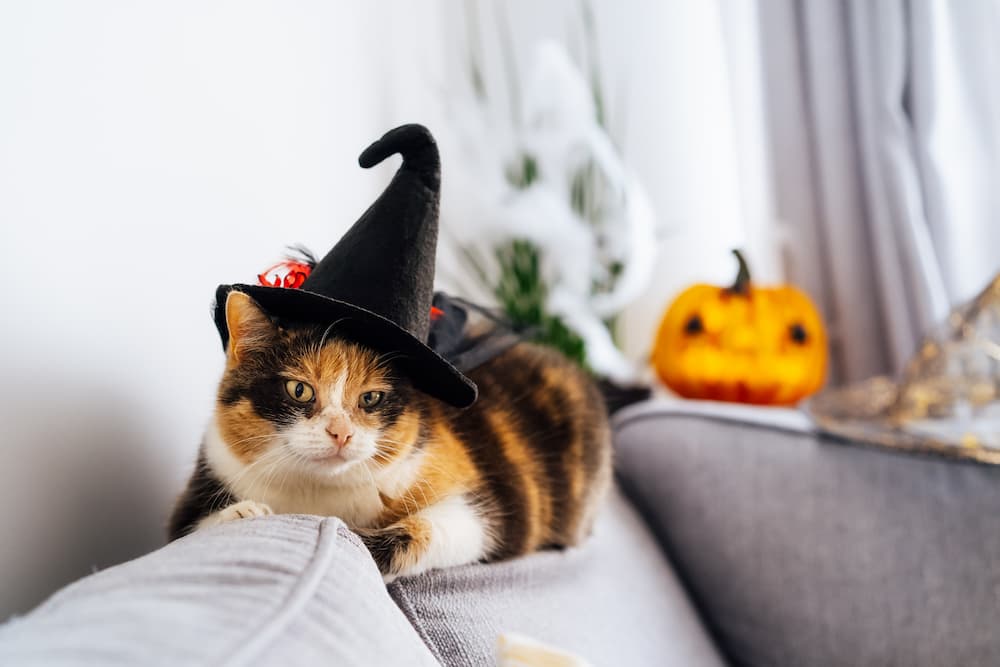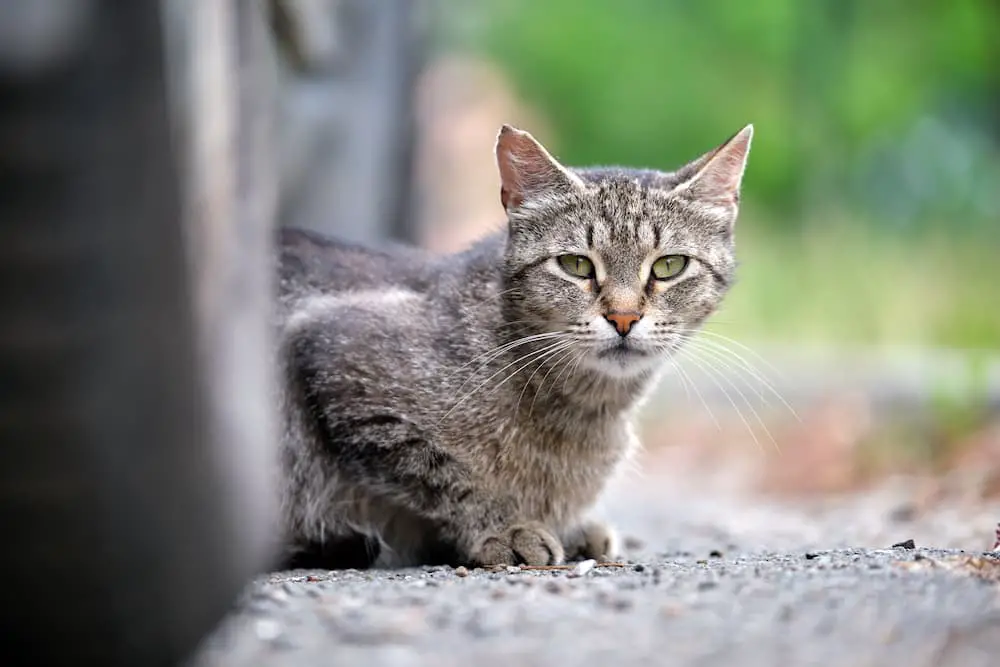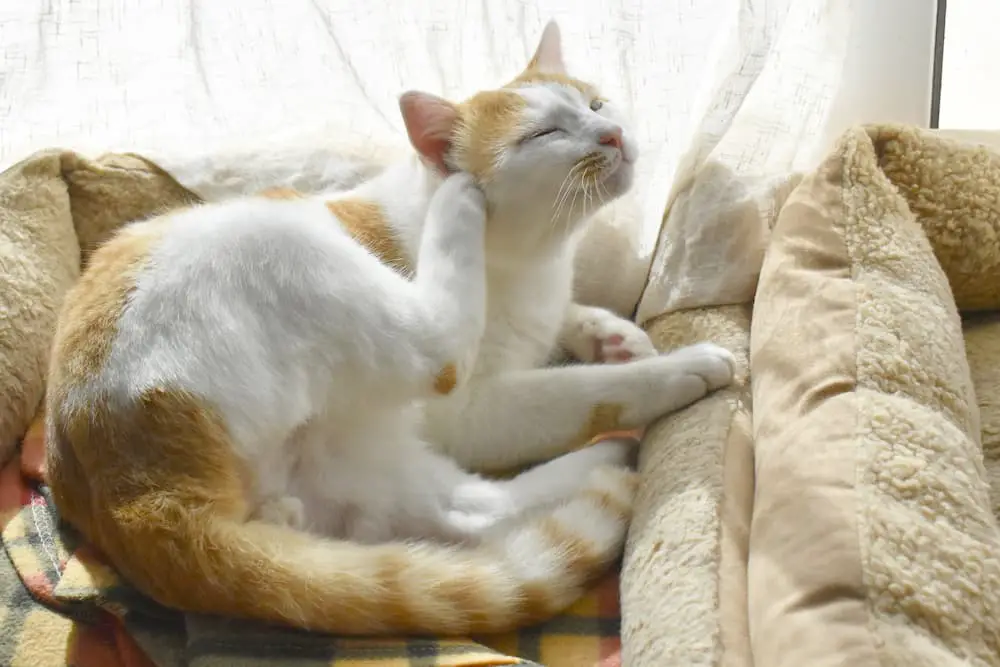 Four years ago, Rhode Island House Majority Leader K. Joseph Shekarchi (D-Warwick) introduced legislation that would require pet groomers to be obtain a state groomers license in order to work with dogs and cats, much in the same way that hair stylists, barbers, and nail technicians must obtain a state cosmetology license in order to work with humans.
Four years ago, Rhode Island House Majority Leader K. Joseph Shekarchi (D-Warwick) introduced legislation that would require pet groomers to be obtain a state groomers license in order to work with dogs and cats, much in the same way that hair stylists, barbers, and nail technicians must obtain a state cosmetology license in order to work with humans.
“Anybody can be a groomer,” said Shekarchi. “Anybody can have a job in a butcher shop today and be a groomer tomorrow.”
The grooming industry successfully defeated the 2013 bill citing that it was “anti-business” and would lead to the state over-regulating the industry. And so, the business of pet grooming remained “business as usual” with very little oversight.
But now, after hearing news of Ollie, a Pug that died during a routine nail trim at a Middletown Petco grooming salon, Shekarchi reintroduced the bill (2017-H 6054) in an effort to better protect Rhode Island’s animals.
“Although the cause of Ollie’s death is still being investigated and no one has yet to be found at fault for this poor dog’s death, I believe this is an appropriate time to have this discussion once again for the sake of our pets’ protection and safety,” said Leader Shekarchi. “I am a dog owner and I can imagine the pain that is being felt by not only Ollie’s owners, but also the workers who were grooming Ollie that fateful day. By ensuring that our state’s pet groomers are properly trained and licensed, hopefully we can avoid similar tragic events in the future.”
There are currently no laws in place in Rhode Island (or any other state in the country) requiring pet groomers to obtain vocational licensing or certification before working at a salon. Shekarchi believes such a license would not only improve the quality of groomers, but would vastly reduce the risk of accidental injuries and deaths in Rhode Island salons.
In order for cosmetologists to be licensed to perform haircuts, nail trims, and other salon services to human clients, they must pass a state board exam that covers topics not only related to and understanding of job performance, but basic knowledge of care, safety standards, and prevention of injury or accident. It is unclear whether Shekarchi’s proposal would require similar exam testing prior to license approval. Groomers would be required to re-apply for licenses annually at a cost of $100/year.
Although none of the 50 states require groomers obtain a vocational license, only Connecticut and Colorado have at least some level of industry regulations in place, specifically regarding tethering dogs and leaving them unattended while tethered. Should this bill pass, it would be the first of its kind in the country and, many hope, would pave the way for other states to follow.
Shekarchi remains hopeful that his proposal will gain traction this time around, particularly as a dog owner that regularly gets his own dog groomed. “I took him last week to Petco to get his nails trimmed,” Shekarchi told WPRI. “So I said to myself, it could have happened to anybody. It could have happened to me.”
Would you support such a bill in your own state? Or, would you consider it a government overreach to regulate the pet grooming industry? Please, weigh in with a comment below!







